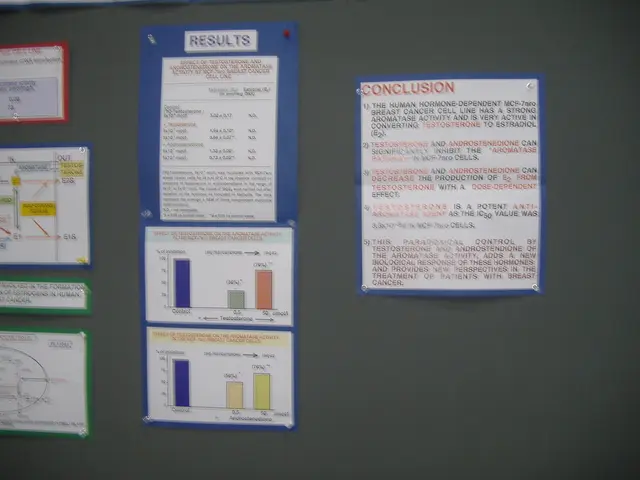Immigrating into the United Kingdom to work may become more challenging with the introduction of stringent visa regulations outlined in the recently unveiled White Paper on immigration.
The immigration white paper drops a bombshell with proposed reforms that prioritize skills, work, and education while aiming to reduce overall migration.
The Skill-set Shift:
The UK government seeks to tighten border control and lower net migration by focusing immigration on those with high-skills. Gone are the easy-peasy days of low minimum skill level requirements. Brace yourself for tightened standards, as the minimum skill level for workers rises to RQF level 6 and above, equivalent to a graduate degree or higher. Say goodbye to lazy loopholes, as the old Immigration salary list, which provided reduced salary requirements for some jobs, gets given the boot [2].
Work Reforms: Tougher Times Ahead
Prepare for some hardship, workers! The proposed settlement period in points-based system routes is set to double, hoisting the standard period from its current duration to a gut-busting ten years, making it trickier for migrant workers to secure that elusive permanent residency [1]. But don't fret! This change is part of a broader strategy aimed at restoring order, control, and fairness to the immigration system, all while promoting economic growth through higher skills standards [2].
Educate Yourself: Study Reforms and the Power of the Student Visa Kraken
Stay sharp, scholars! In a move that signifies the government's focus on higher skills standards and a reduction in overall immigration, the duration of the coveted Graduate route visa, which allows international graduates to stay and work in the UK after obtaining their degrees, is proposed to shrink from the current two-year lease to a variable-length leash of mere 18 months [1][3].
Protecting the Domestic Talent Pool: Your Move, Employers!
The government has got it in for employers who only rely on foreign workers to fill skill gaps. Starting now, access to the Points-Based immigration system will be limited to occupations with long-term labor shortages that have been validated by the Migration Advisory Committee (MAC). However, getting your hands on this limited access will also require a workforce strategy to be in place, evidence of a commitment to boost domestic recruitment, and, get ready for it, potential restrictions if you're not committed enough to training local workers [2].
In a twist worthy of a 90s action movie, a new Labour Market Evidence Group will be established to investigate labor market data and inform immigration policies, aiming to reduce the dependence on migration in favor of domestic workforce development [2].
Enrichment Data:
- The UK government's proposed immigration reforms are focused on raising skill levels and stimulating domestic training over international recruitment, making it tough for migrant workers and employers who rely on them.
- Changes to the Graduate route visa leniency, together with the scrapping of employer incentives based on newly established immigration salary lists, signal the UK government's commitment to a more stringent immigration system.
- Overall, the proposed changes underscore a deliberate shift from mass recruitment to a more measured, responsible, and skilled-oriented immigration system designed to support economic growth.
The immigration white paper appears to be yanking the rug out from underneath employers who've come to rely on a ready source of foreign labor. Get ready to buckle down, grab those knitting needles or scour the job boards, it's a whole new game!
- The proposed immigration reforms in the UK seem to be redefining the job market landscape, as they are geared towards enhancing skill levels and promoting domestic workforce development, which could make it challenging for employers who have relied on a ready source of foreign labor.
- In this new immigration climate, employers might need to adapt by demonstrating a commitment to boosting domestic recruitment and training local workers, especially in occupations with long-term labor shortages, as access to the Points-Based immigration system becomes more restricted.








